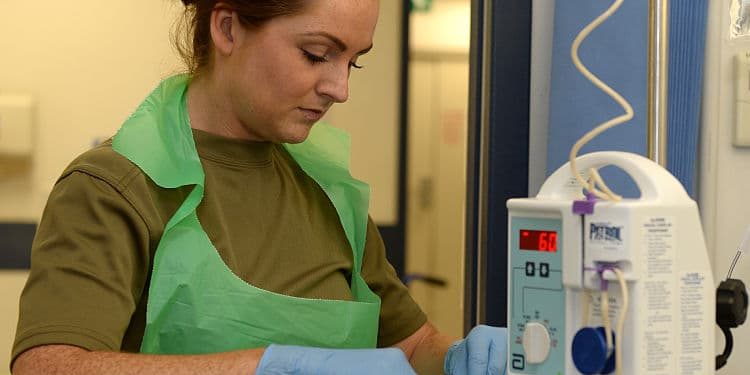Personal Injury Law Blog
Why registered nurses are more likely to identify drug errors in nursing homes

New research has found that registered nurses (RNs) are more likely than licensed practical nurses (LPNs) to evaluate and identify medication errors that could pose risks to nursing home residents. Researchers said carefully monitoring medication could help prevent almost 66 percent of all falls, hallucinations and other drug-related problems experienced by nursing home residents.
The University of Missouri Sinclair School of Nursing conducted a study involving 32 RNs and 70 LPNs at 12 Missouri nursing homes. Researchers presented them with various medication-related scenarios including dosage problems, additions and omissions. The nurses then answered questions about the scenarios, including whether they thought an error had occurred and if they would seek more information to solve the inconsistency in medication.
According to the results, RNs identified errors in 62 percent of all situations and in 72 percent of high-risk medication scenarios. In comparison, LPNs detected discrepancies 50 percent of the time overall and in 49 percent of high-risk scenarios.
The researchers noted a key behavioral difference. RNs seemed to evaluate medication orders for errors based on potential risk to patients while LPNs were more focused on finishing the task of medication reconciliation rather than assessing risk. Both RNs and LPNs undertake the practice, which involves health care professionals reviewing nursing home residents’ medications to reduce the chances of errors.
The findings, published in the Journal of Nursing Regulation, suggest the need to distinguish how RNs and LPNs in nursing homes perform similar responsibilities. Nurses should also perform the tasks for which they are trained in order to improve patient care. “RNs and LPNs contribute to resident safety in different ways . . . However, nursing home leaders must understand the distinct contributions of each role,” said Amy Vogelsmeier, associate professor of nursing at the university.
Paul Greenberg is a Chicago medical malpractice lawyer with Briskman Briskman & Greenberg. To learn more call 1.877.595.4878 or visit https://www.briskmanandbriskman.com/.



